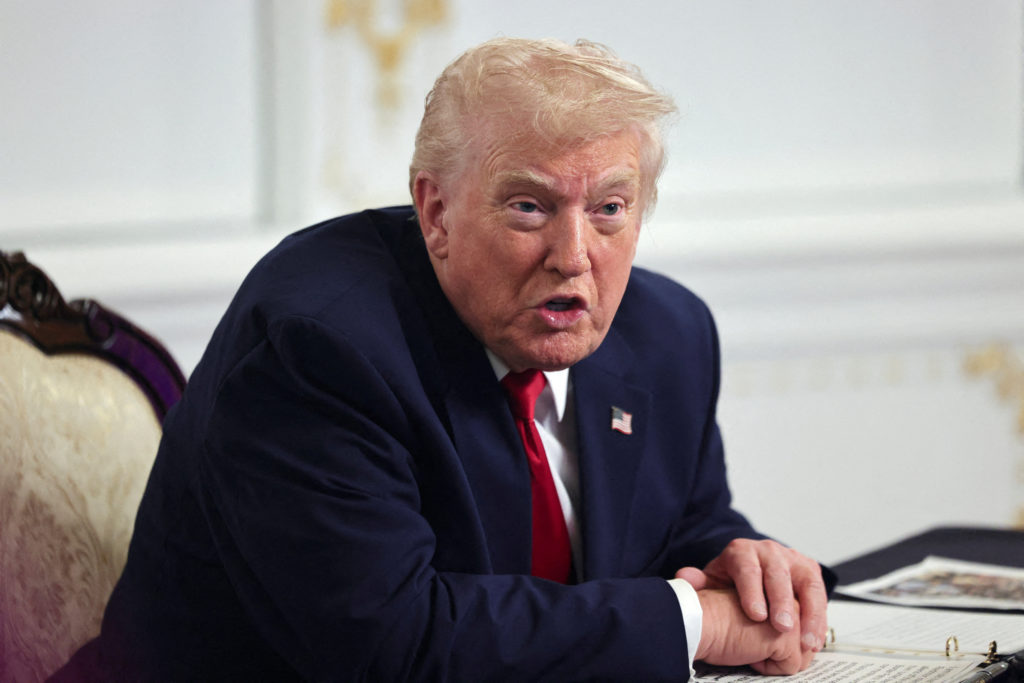Egypt and Sudan have pulled out of talks with Ethiopia over a disputed Nile dam being built by Addis Ababa, with the Egyptian government saying they were protesting against the Horn of Africa nation’s breach of agreements reached by the three nations’ leaders and their irrigation ministers.
Egyptian government said Cairo and Khartoum decided to pull out of the talks to carry out “internal” consultations after Ethiopia’s water minister presented a draft to his Sudanese and Egyptian counterparts outlining guidelines for the filling of the Gerd. The draft, it said, did not include regulations on the operation, was not legally binding and did not include a process for settling future disputes.
It was the latest twist in a decade of fruitless and protracted negotiations between the three nations on the Grand Ethiopian Renaissance Dam, or Gerd, a nearly completed hydroelectric facility expected to generate 6,000 megawatts.
Downstream Egypt and Sudan have been striving to persuade upstream Ethiopia to commit to a legally binding deal on the operation and filling of the dam as well as a mechanism for resolving future disputes and to ensure a sufficient flow of water during sustained drought.
A mainly desert nation that depends on the Nile for almost all of its water needs, Egypt fears that the dam would reduce its vital share of the river’s water, costing it hundreds of thousands of jobs and disrupting its delicate food balance.
Energy-starved Sudan stands to gain from buying cheap electricity when the dam is fully functioning, but it fears that any structural damage in the Gerd, built about 30 kilometres from its border, could mean devastating floods in its eastern region.
Ethiopia maintains that the dam would alleviate the abject poverty of 65 million of its estimated 110 million people, spur the nation’s development and allow it to export electricity to its neighbours.
The latest round of talks, held over video conference, were on their third day when Sudan and Egypt exited. They were also attended by observers from the United States, the EU and the African Union.























Leave a comment